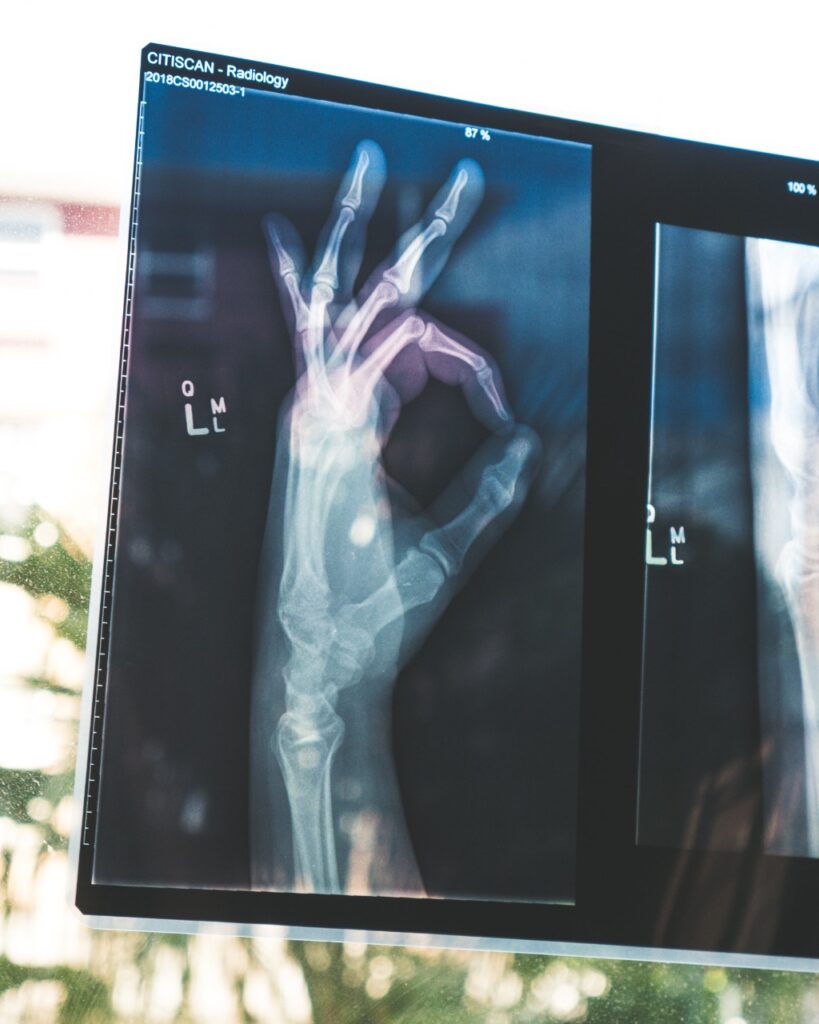I grew up in one of those households where sex ed ‘toh door ki baat‘, going to the doctor was something that happened if our fevers or colds weren’t cured by an OTC tablet or syrup. I’d never even seen my parents go for a full health screening annually, which led to a very interesting conversation around a year into college. I was talking to a Canadian friend I’d made via the Internet and she was telling me about how her family was getting their checkups done this week. When I asked if they’d all had some kind of viral fever, she said: “It’s just a check-up they do every year”.
Curious as I was, I googled the price of a full health check-up at the nearest private hospital, saw the price, quietly closed the browser window and left it at that. Even asking about our family’s medical insurance seemed too terrifying.
So, when I got into kink, I was very adamant about figuring out how to go about this safely. Where does one get checked for STIs or STDs, in a tiny beach town all the way in the south of India?
 The Government of India runs a free of cost basic STI/STD clinic across states, known as Suraksha Clinics. These free-of-cost clinics offer a basic STD/STI panel check as well a counseling sessions for people. Of course, I went to the nearest one I found on the website and requested a panel. I was taken in for a counseling session, where questions were asked about my sexual health, marital status (unfortunately), and I was informed about safe sexual health practices. My blood was drawn, I was told to come back the day after. My results were all in the clear for chlamydia, gonorrhoea, syphilis, hepatitis and HIV/AIDS. I followed this up with a standard urine culture test as well, to make sure I stayed clear of bacterial infections.
The Government of India runs a free of cost basic STI/STD clinic across states, known as Suraksha Clinics. These free-of-cost clinics offer a basic STD/STI panel check as well a counseling sessions for people. Of course, I went to the nearest one I found on the website and requested a panel. I was taken in for a counseling session, where questions were asked about my sexual health, marital status (unfortunately), and I was informed about safe sexual health practices. My blood was drawn, I was told to come back the day after. My results were all in the clear for chlamydia, gonorrhoea, syphilis, hepatitis and HIV/AIDS. I followed this up with a standard urine culture test as well, to make sure I stayed clear of bacterial infections.
Surprisingly, my experiences with government hospitals for tests has been positive so far. Most doctors have told me during appointments that they are shocked when people ask for a full panel check-up without any symptom. At my nearest government hospital, a full panel check-up has cost me only Rs 2000/-. But private hospitals and gynaecologists have been a whole other tale. I’d been worried about slight spotting after an intense play session and decided to head to a gynaecologist. While I was there, I also asked for a full panel check-up. This cost me around Rs 8000/-, including the blood tests, urine culture and a pap smear as well.
 When I stepped into the examination room, my gynaecologist wrinkled her nose at me, squinted and then proceeded to tell me I was too young to have sex. I was 21 at the time, mind you. When I told her, she proceeded to tell me about how a lot of unmarried women were having sex before they even should, and that getting an STD/STI can’t be worth the risk.
When I stepped into the examination room, my gynaecologist wrinkled her nose at me, squinted and then proceeded to tell me I was too young to have sex. I was 21 at the time, mind you. When I told her, she proceeded to tell me about how a lot of unmarried women were having sex before they even should, and that getting an STD/STI can’t be worth the risk.
It was quite clear that her opinions on sex revolved around marriage and pre-marital sex was taboo. So how would she react to me being queer? I decided to broach the topic and told her that I’d been with a same-sex partner. The recoil was very visible. She went pale and proceeded to mutter under her breath as she conducted a pap smear test. I was asked to drop in for the results the day after.
The gynaecologist, who had quite the reputation in my city as a very open-minded, friendly person, launched into what may be the most homophobic rant I’ve ever seen. Around five minutes into her telling me how sleeping with women was unnatural, I asked her to stop and give me my results before I reported her. She gave me a very curt run-through about a clean panel and I left.
Trivandrum, the city I live in, is considered to be part of one of the most progressive states in India. If this is the way things are in Kerala, what about other states? My own friends from other states have had their own fair share of horror stories. From women being slut-shamed for using a menstrual cup to a married man telling me how his doctor at the STD/STI panel congratulated him for being a man and committing infidelity – the horror stories are endless.
 But these tests are essential for sexually active folks. Check-ups should be conducted at least every five-to-six month, and if you’re about to be with a new partner, get tested and ask for their results too. Normalize it.
But these tests are essential for sexually active folks. Check-ups should be conducted at least every five-to-six month, and if you’re about to be with a new partner, get tested and ask for their results too. Normalize it.
A community based STI/RTI prevalence study conducted during 2002-03 by the Indian Council of Medical Research (ICMR) has shown that 6% of the adult population in India has one or more STI/RTI. This amounts to occurrence of about 30-35 million episodes of STI/RTI every year in the country.
If you’re considering a STD/STI check in India, head to your nearest multi-specialty government hospital or private hospital. You can also book an appointment at your nearest clinic via Better2Know.





